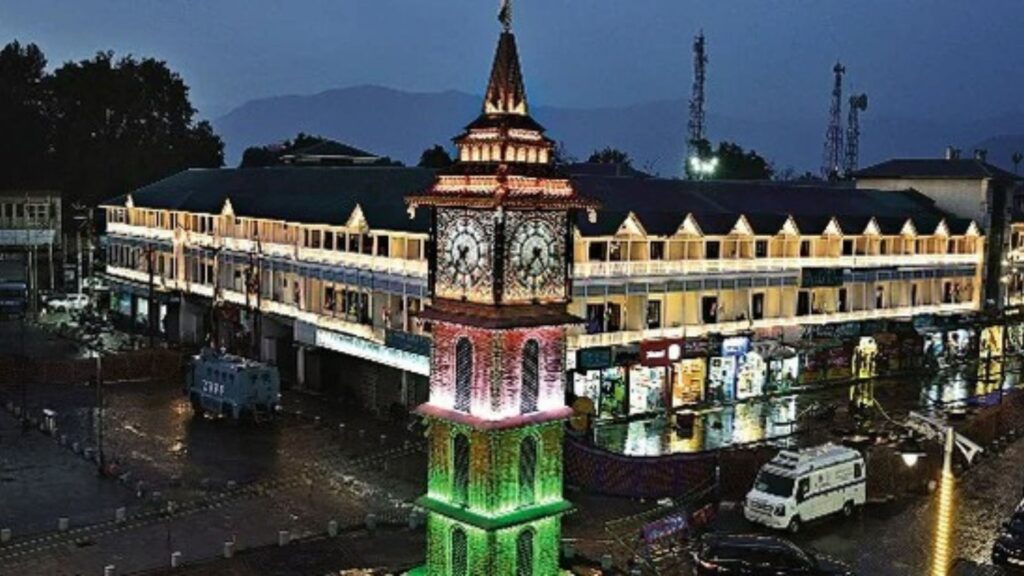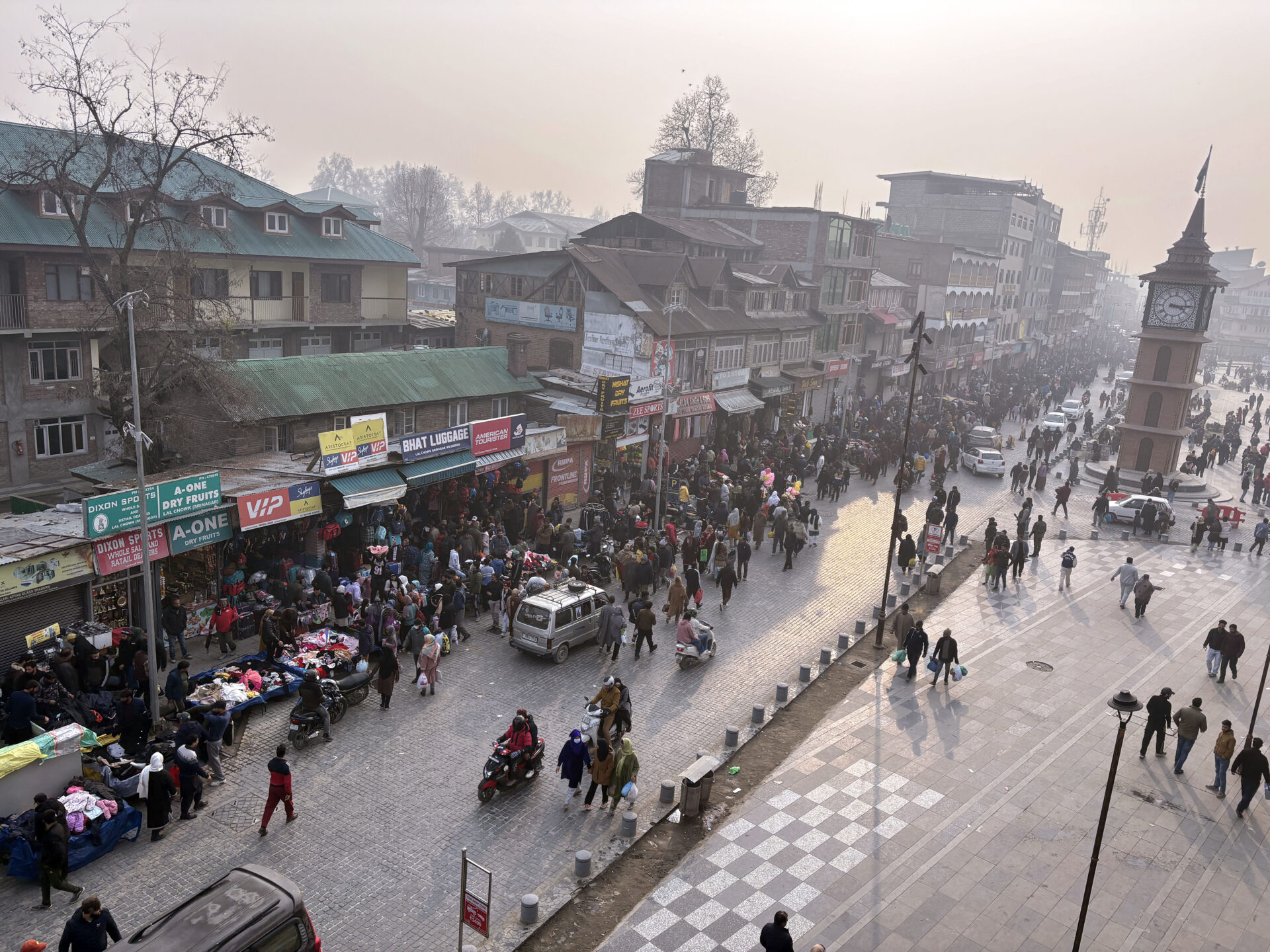On 11 December 2023, the Supreme Court upheld the Union government’s abrogation of Article 370, which granted special status to Jammu and Kashmir (J&K). CJI Chandrachud authored the majority opinion, with concurring opinions from Justices Kaul and Khanna. All judges agreed that Article 370 was a temporary provision meant to address the immediate needs of J&K. CJI Chandrachud stated that J&K was always an integral part of India and that the special status it had was a form of asymmetric federalism, not indicative of separate sovereignty. The Bench also interpreted the President’s Rule under Article 356 broadly, affirming the President’s unilateral power under Article 370(3) to revoke Article 370, as the J&K Constituent Assembly dissolved in 1957. While the Court declined to address the constitutionality of reorganizing J&K into the Union Territories of Jammu and Kashmir and Ladakh, it accepted the Union’s assurance that assembly elections would take place before 30 September 2024.

Article 370 – Jammu and Kashmir (11th Dec 2023)
=1947 Maharaja Hari Singh Signs the Instrument of Accession
=1950 January 26th, the Constitution of India came into force. Article 370 set three broad frameworks. Broadly, Article 370
=May 14th, 1954, President Rajendra Prasad issued the Presidential order to implement the terms agreed to in the Delhi agreement of 1952 of the Indian Constitution.
=January 26th, 1957, the Constitution of Jammu and Kashmir came into force with a declaration—‘The State of Jammu and Kashmir is and shall be an integral part of the Union of India’.
=June 20, 2018 The imposition of the Governor’s rule in Jammu and Kashmir occurred as a result of a political breakdown when the Bharatiya Janata Party (BJP) withdrew its support from the People’s Democratic Party (PDP).
=December 19th, 2018, President Ram Nath Kovind issued a proclamation imposing President’s Rule in Jammu and Kashmir under Article 356 of the Constitution of India.
=August 6, 2019, The Lok Sabha passed the statutory resolution and the Reorganisation Act which was approved in the Rajya Sabha on the previous day.
=December 2023, the Supreme Court upheld the government’s decision to abrogate Article 370, which granted special status to Jammu and Kashmir.

